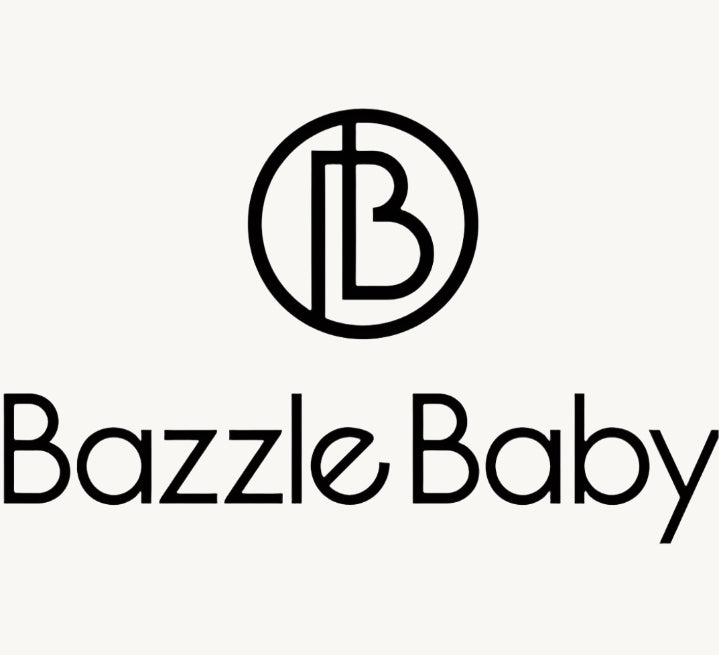Fast, free shipping on orders over $35
- Shop
- Winter 2025
- Sleeping
- Swaddles, Hats & Bows
- Sleep Sacks
- Pajamas
- Cozy Blankets
- Lovies + Stuffed Animals
- Pacifiers & Accessories
- Teething
- Teething Toys
- Bandana Bibs
- Bandana Bibs w/Teether Bibs
- BandOBib® Infinity Drool Bibs
- Feeding
- Mealtime Bibs
- Mealtime Dishware
- Feeding Sets
- Playing
- Bathtime
- Health & Wellness
- Nursery + Playroom
- Rainbow Collection
- Foodie® Collection
- SANTA'S SHOP
- Brands
- Bazzle Baby
- Baby Breez
- Bleu La La
- Bundle Skincare
- Dreamland Baby
- Mushie
- Sophie La Girafe
- Tiny Land
- Gifts
- Our Story
- Checkout
-
Shop
- Winter 2025
-
Sleeping
-
Teething
-
Feeding
- Playing
- Bathtime
- Health & Wellness
- Nursery + Playroom
- Rainbow Collection
- Foodie® Collection
- SANTA'S SHOP
-
Brands
- Gifts
- Our Story










